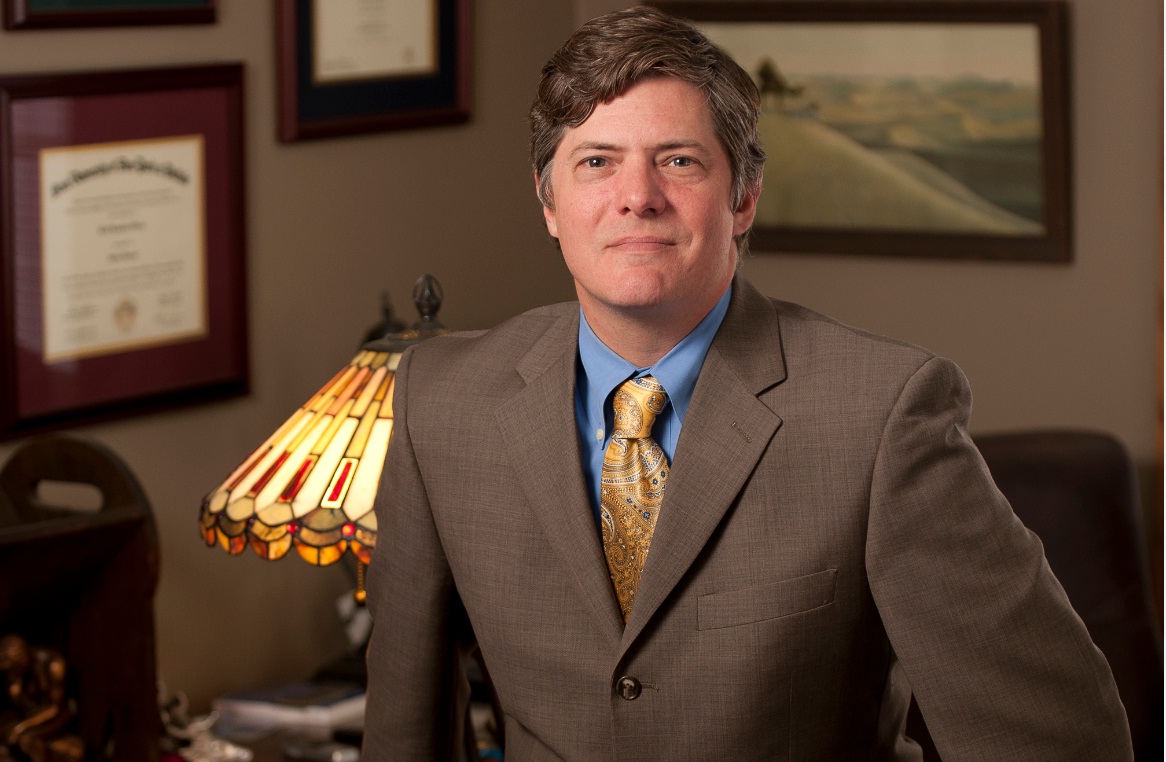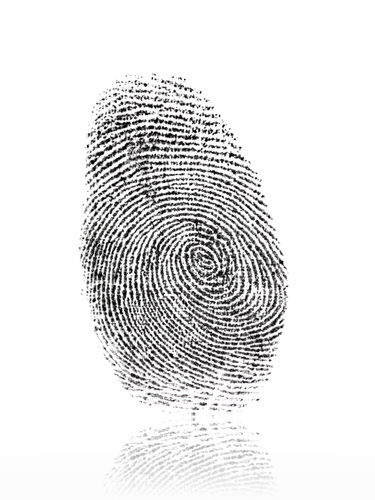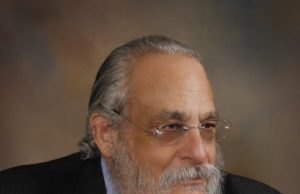
Sheboygan, WI—Like many criminal defense attorneys, Kirk Obear didn't get his start defending clients. A veteran of the United States Air Force, the Wisconsin criminal defense attorney began his legal career as a military prosecutor.
(More on News at LAWS.com, Contact Alberto for interviews “support@laws.com”)
Initially, Obear told laws.com in a recent interview, he thought prosecution was his calling. “The military puts a lot of resources into training prosecutors to achieve convictions and I was initially taken in by the thought that I was saving the world by putting people in jail.” As his career progressed, though, he began to see things differently.
“As I gained more experience,” Obear says, “I was assigned more difficult cases, and it eventually occurred to me that the system is heavily weighted toward the prosecutor in many ways. When I started having doubts about whether some defendants were truly guilty, and began to express those concerns to my superiors, I was told that the jury system will do its job and that I shouldn't be concerned about my conscience getting in the way as long as the jury found the person guilty.”
Unsettled by the answers he received from his superiors, Obear expressed his discomfort and moved into a defense attorney role in the Air Force. “Since then, I have never turned back,” he says. “Working with real people who have families, goals, and have often merely exhibited a moment of poor judgment has been the most rewarding aspect of defending people.”
In today's justice system, Obear says that he's troubled by changes that make it harder for criminal defendants to exercise their constitutional rights. “There has been an ongoing, and in many ways unchecked trend toward plea bargaining in criminal cases.” These plea bargains, he says, haven't been good for defendants. “Looking at the universe of criminal cases that are charged nowadays, the vast majority of them are settled without a trial, including many that should not be resolved that way.”
The problems, as Obear sees them, don't end there. “Another big problem is that there has been a marked increase in the charging of cases that are clearly being 'overcharged.' This presents a problem because law enforcement and prosecutorial agencies continue to receive increases in funding and personnel, while the defense community seldom receives any increase in resources available to effectively represent our clients. For example, in Wisconsin, the reimbursement rate for attorneys appointed by the court to represent indigent defendants has not meaningfully increased since the 1970s.”
This minimal funding, Obear says, contributes to an atmosphere in which deals are made at any cost—even when the defendant might have been able to achieve a better resolution by going to trial. “In Kirk Obear's fictitious utopian world,” he said wryly, “every case would go to trial, even if the defendant wanted to enter a plea … Sure, it can be said that a defendant has the right to accept responsibility and should get credit for that, but when that becomes the norm rather than the exception, we run the risk of innocent people believing that they are powerless to exercise their rights.”
When a client is represented by Obear, he says that he prepares to take their case to trial no matter what. “Of course, it's the client's ultimate choice, but I do my best to instill confidence in the client making that choice by being fully prepared to take every case to trial.”
Obear considers it important for both defense attorneys and defendants to seriously consider their rights when making a decision about bringing a case to trial. “I think that if we, as Americans, cease to exercise our rights, then it is that much easier for them to be taken away because it is assumed that no one cares,” he says.






























